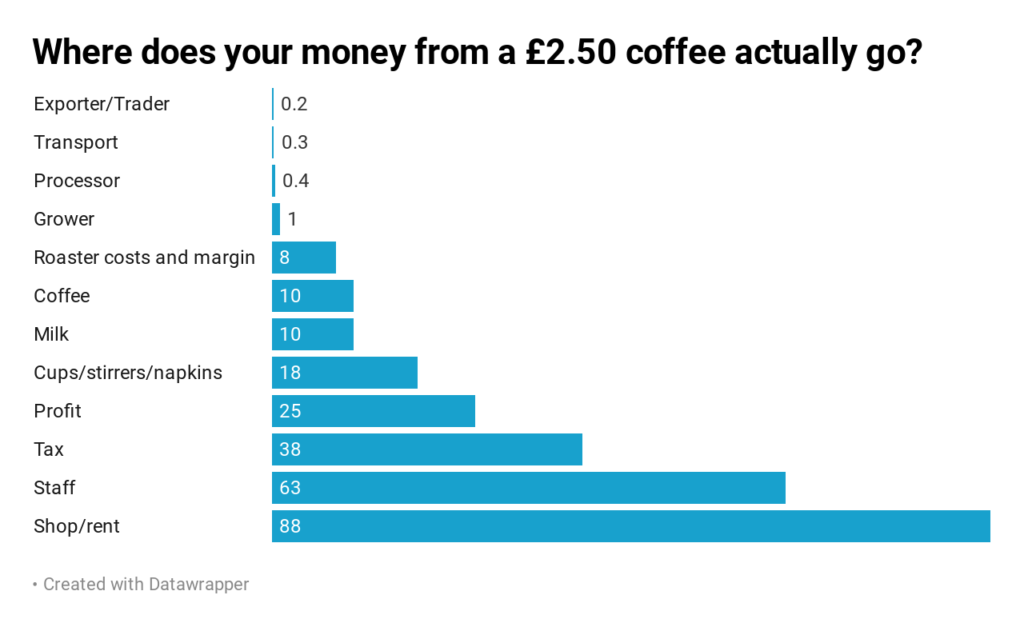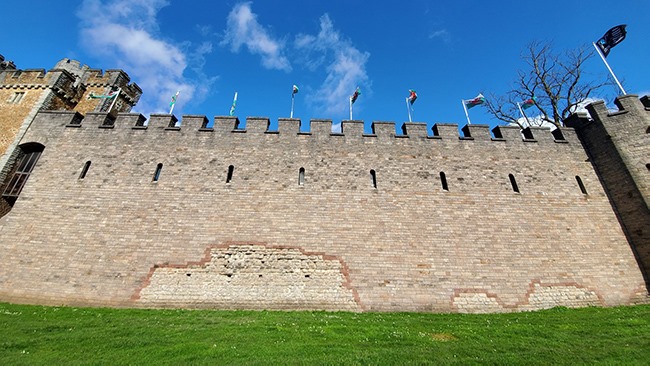As part of Cardiff’s Fairtrade Fortnight 2020, six inspirational women shared their stories about how they are helping to drive out poverty.

Jennipher Wettaka Sambaz is from Uganda and has come back to Wales regularly since her first visit in 2012 in order to promote the activities of Fairtrade.
She speaks passionately at a jam-packed event about the global charity, telling the story of an incident in her hometown last year which is still all too common in some parts of the world, even in 2020.
Around 10 rural workers died after a flood landslide and even to this day, only three bodies have ever been located.
“I thank the Welsh government for their tree planting project… I am here because of Fairtrade, I appreciate you all a lot,” she said.
Jennipher was speaking as part of the She Deserves Leadership talk which focuses on the role women play in growing our chocolate and coffee, from Colombia to Ivory Coast and Uganda.
Fairtrade, as part of the #SheDeservesCampaign, aims to demonstrate the financial exploitation that female farmers face when producing cocoa for some of our favourite snacks and drinks.

“No country is on track to achieve gender equality until 2030,” said Hannah Pudner, the Global Director of External Affairs for United Purpose.
Fairtrade Fortnight is, however, attempting to highlight, address and counter these latent issues, with the onset of climate change only exacerbating the struggles for those who are trying to live off agriculture.
The global charity was established during the 1960s in order to help eradicate world poverty in an era of imperialism, the Cold War and nation re-building after the post-war period.
In 2008 Wales was designated the first Fairtrade nation with Cardiff being the first Fairtrade capital city in the world, with the late First Minister Rhodri Morgan calling this a ‘great honour’.

Image Credits: Yiwei Xia
The panel was keen to emphasise that by buying Fairtrade chocolate, coffee and bananas, the people of Cardiff, Wales and beyond are investing in girls’ education, women’s equality and allowing farmers to ‘lead the dignified life everyone deserves,’ throughout the entire world.
“When women rise, we all rise,” argued Hannah Pudner.
Fair Trade is about:
· better prices,
· decent working conditions,
· local sustainability, and
· fair terms of trade for farmers and workers in developing countries
Source: FairTrade.org.uk
Ahead of this weekend’s International Women’s Day, however, the panelists were also keen to acknowledge the need for gender equality closer to home.
“Even in the UK, girls are moving out of education because of a lack of sanitary products,” stated Chisomo Peri, the first black female president of Swansea University’s student’s union, who has campaigned tirelessly on the issue.
Despite the work needed to be done in this area, last week the Scottish parliament voted in favour for legally having to provide free sanitary products to those who needed them.
Looking forward to the future, climate change was highlighted as a particular worry for those involved in the agricultural and Fairtrade industry.
And even this week, an investigation from Channel 4’s Dispatches discovered how young children are having to work long hours picking cocoa beans for multinational companies like Starbucks and Nespresso.
“My real hope is that Fairtrade is the norm, not the exception and that it’s in every chocolate bar and coffee,” stated Julia Nicoara, the Director of Public Engagement of the Fairtrade Foundation.
“That is the world I would like to live in.”
Below are 50 Fairtrade approved outlets mapped across the city of Cardiff.
